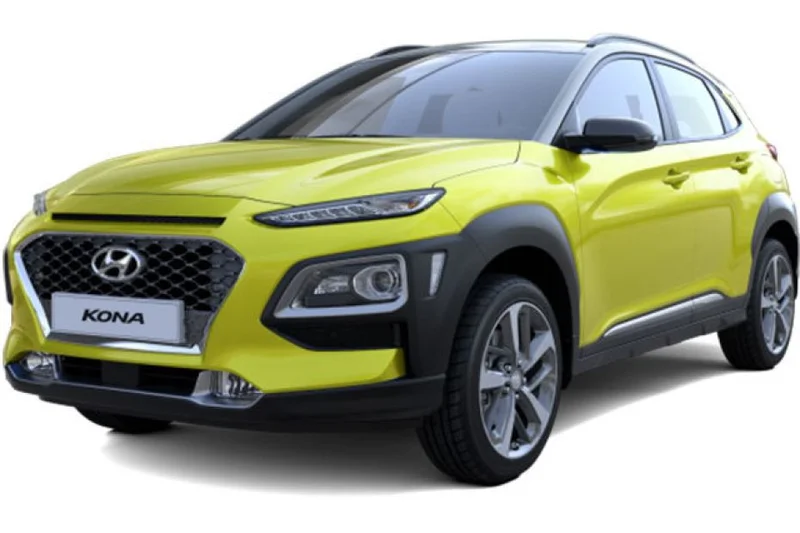Hyundai's Gamble: Paywalls vs. Progress – Can They Really Lock Down Innovation?
The automotive world is at a crossroads, and Hyundai's recent moves have thrown a spotlight on a critical question: can innovation truly be locked behind a paywall? The story of Reddit user [SoultronicPear], struggling to change brake pads on their Ioniq 5N, is a stark example. Imagine needing a subscription and a $2,000 tool just to perform a simple maintenance task! It feels like needing a special key to open your own front door.
This isn't just about brake pads; it's about the future of car ownership. Manufacturers seem to be exploring new revenue streams by paywalling access to vehicle functions and repairs. The Ioniq 5N, a performance EV, is a prime example. While EVs are expected to reduce the need for mechanical brake replacements due to regenerative braking, a track-focused EV like the 5N will still require brake maintenance. But, is it ethical to restrict access to basic repairs, especially when consumers have traditionally been able to perform these tasks themselves or take their car to an independent mechanic? Hyundai Paywalls Brake Pad Changes
Hyundai's challenges extend beyond paywalled repairs. The lawsuit alleging exploited labor in their supply chains casts a long shadow. The accusations of child labor, immigrant exploitation, and coerced prison labor are deeply disturbing. State Senator Maria Elena Durazo's question resonates: "How can our public agencies purchase vehicles from a company whose supply-chain practices would be illegal here?" It’s a valid and crucial question, one that forces us to confront the true cost of progress if it comes at the expense of human dignity. If these allegations are proven true, how can we, in good conscience, support a company that profits from such practices? Labor lawsuit says O.C.-based Hyundai, Kia are exploiting children, immigrants, inmates

The Shifting Sands of Automotive Investment
But it's not all doom and gloom. Juxtapose these challenges with Hyundai's massive $125.2 trillion won investment in Korea through 2030, and you see a company pulling in multiple directions. Roughly 50.5 trillion won is earmarked for new businesses like AI, software-defined vehicles, robotics, and hydrogen. This commitment to innovation, particularly in AI and robotics, is genuinely exciting. It signals a future where cars are not just modes of transportation but intelligent, connected entities. And that investment in AI data centers? That's the kind of long-term thinking that could position Korea as a leader in the physical-AI space, driving advancements in autonomous driving, manufacturing, and robotics.
This is where the real paradigm shift happens. Hyundai isn't just building cars; they're building an ecosystem. The partnership with Nvidia, securing 50,000 GPUs for Hyundai, is a huge win. This isn't just about horsepower; it's about brainpower. It's about creating vehicles that learn, adapt, and anticipate our needs. The goal is to raise overseas shipments from 2.18 million vehicles last year to 2.47 million by 2030, with exports of electrified models set to surge. That's a bold vision, and it requires not just capital but also a commitment to ethical and sustainable practices.
What does this all mean for us? It means the automotive industry is undergoing a radical transformation, and Hyundai is at the forefront. But with great power comes great responsibility. As we embrace these advancements, we must also ensure that innovation is accessible, ethical, and sustainable.
